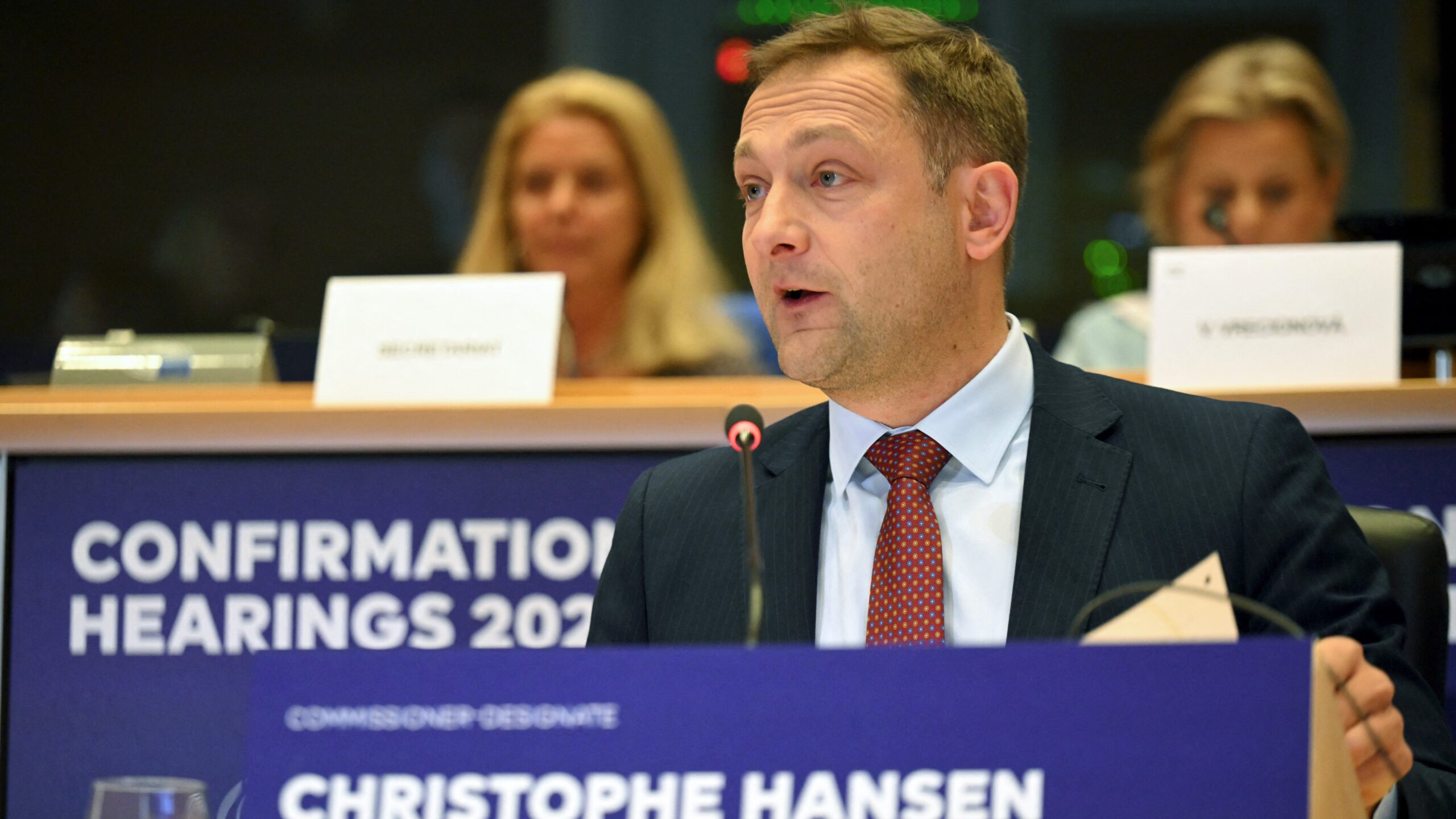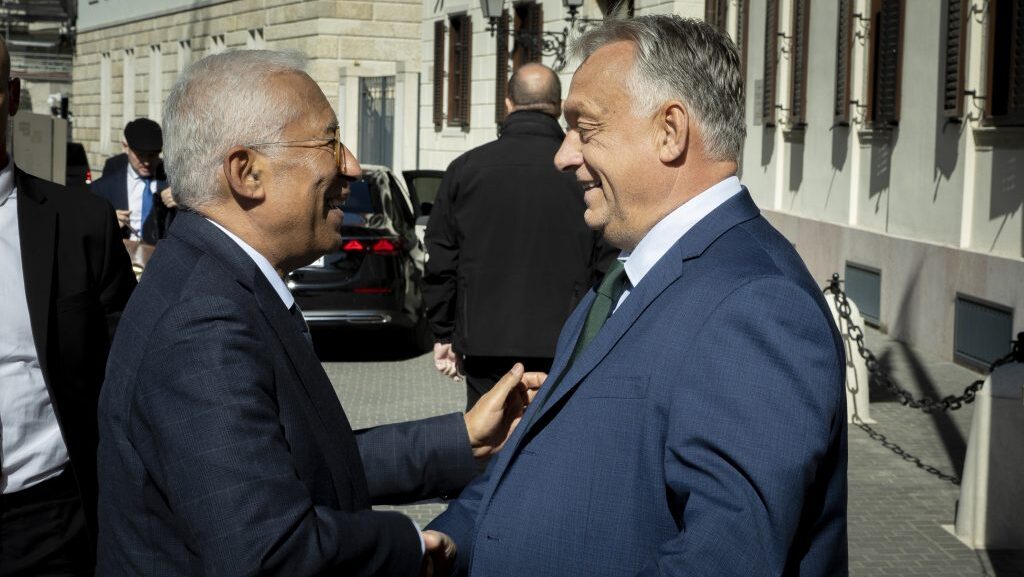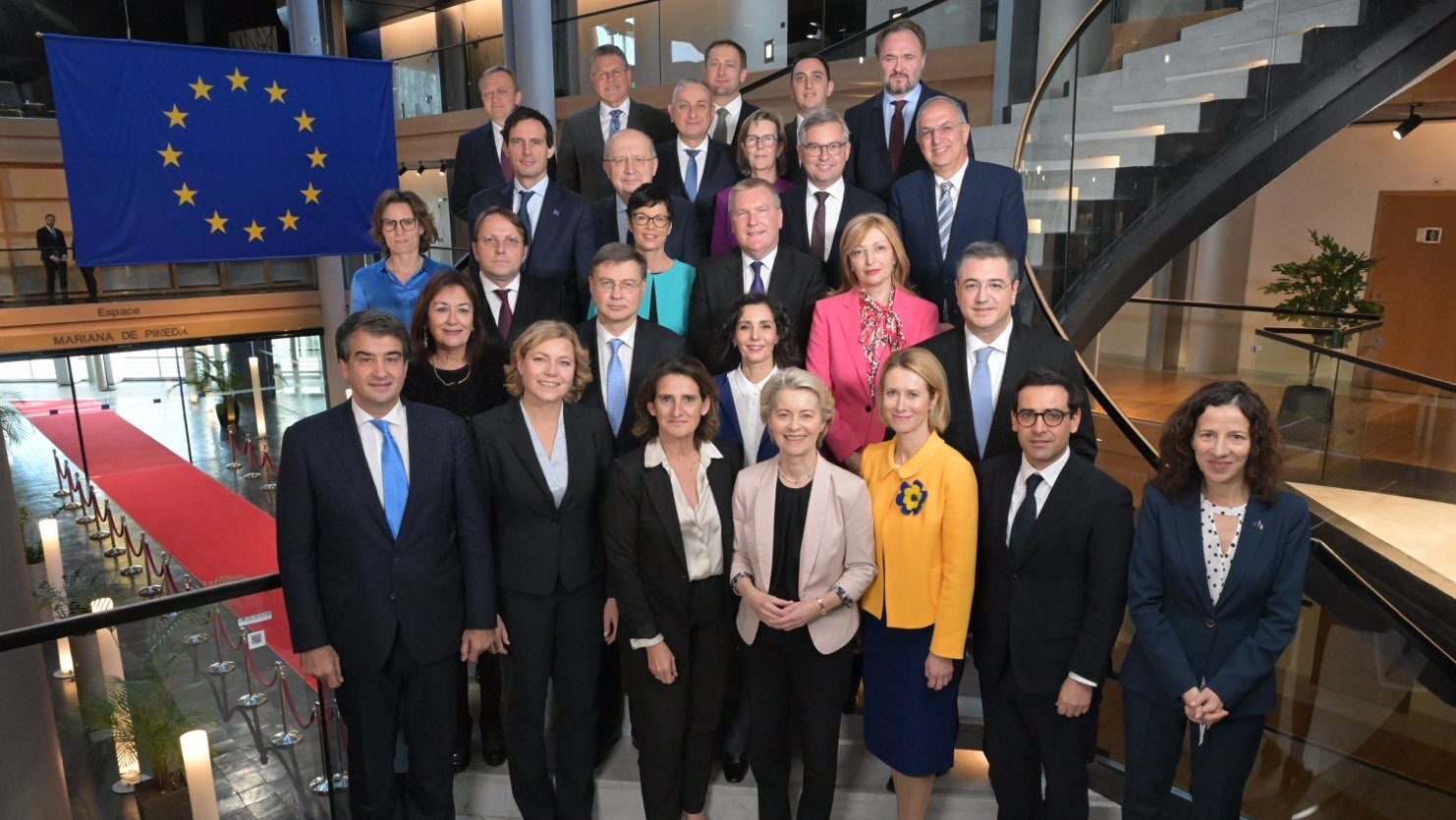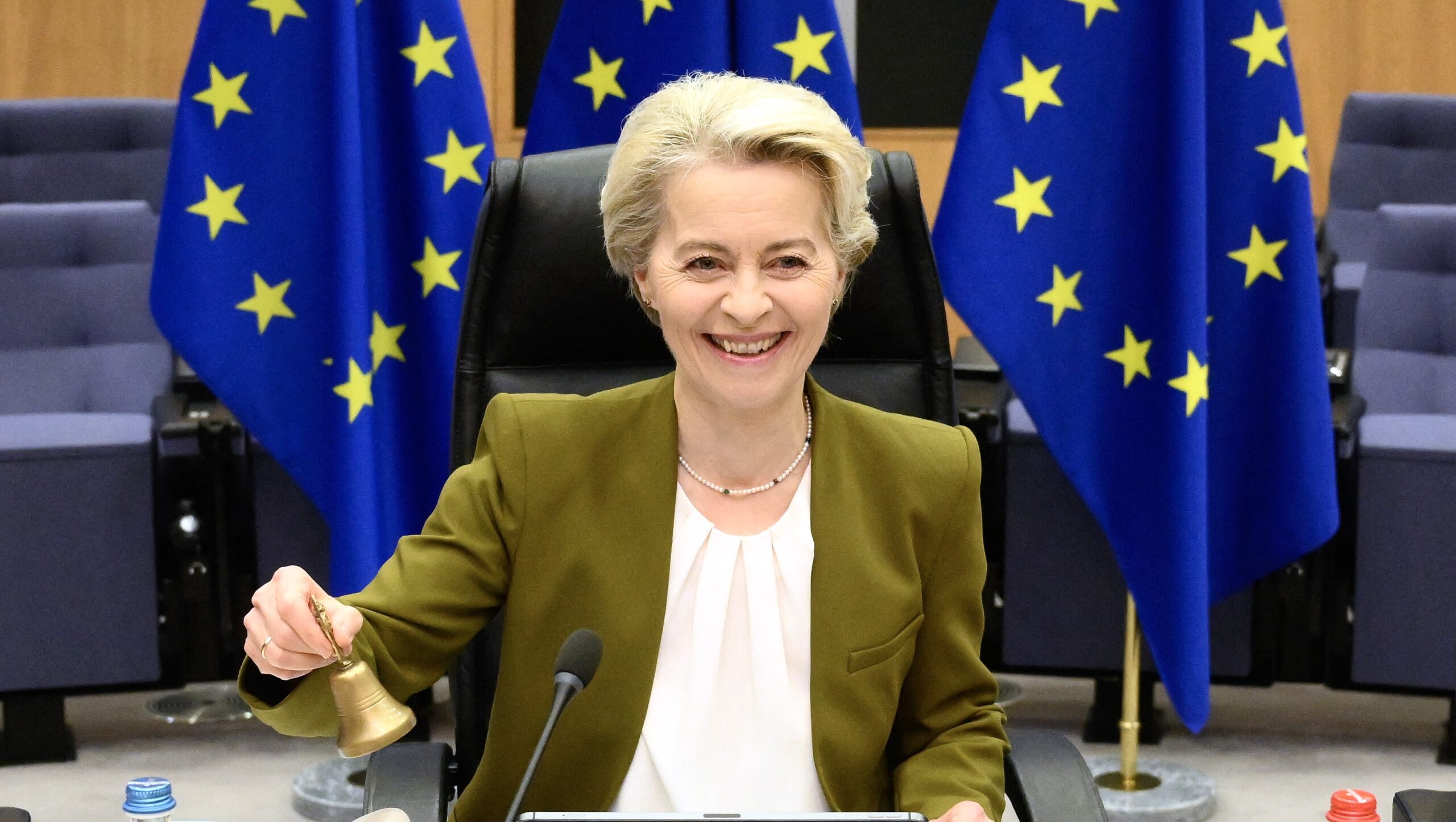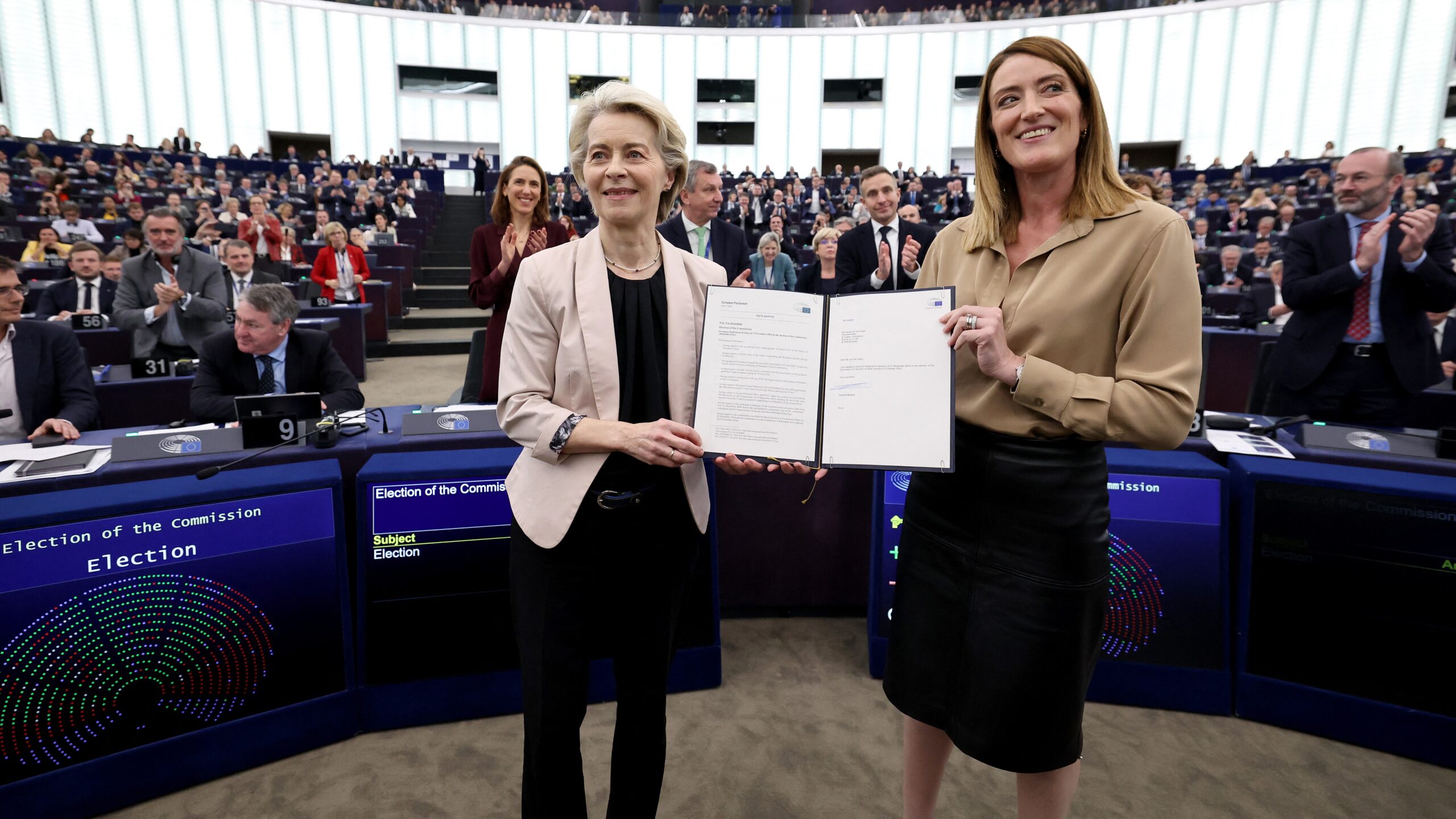
Indebtedness and Endless Financing of the War: The EU Today
‘The total EU debt-to-GDP ratio is nearing a staggering 90 per cent. EU citizens are being forced into collective debt against their will, with Hungarians then even denied access to funds. That is a ludicrous scenario. It’s like a bank forcing a person to take out a mortgage loan, then refusing to actually disburse the loan, but sending debt collectors to recover the repayments. This is where we stand in Europe today.’

